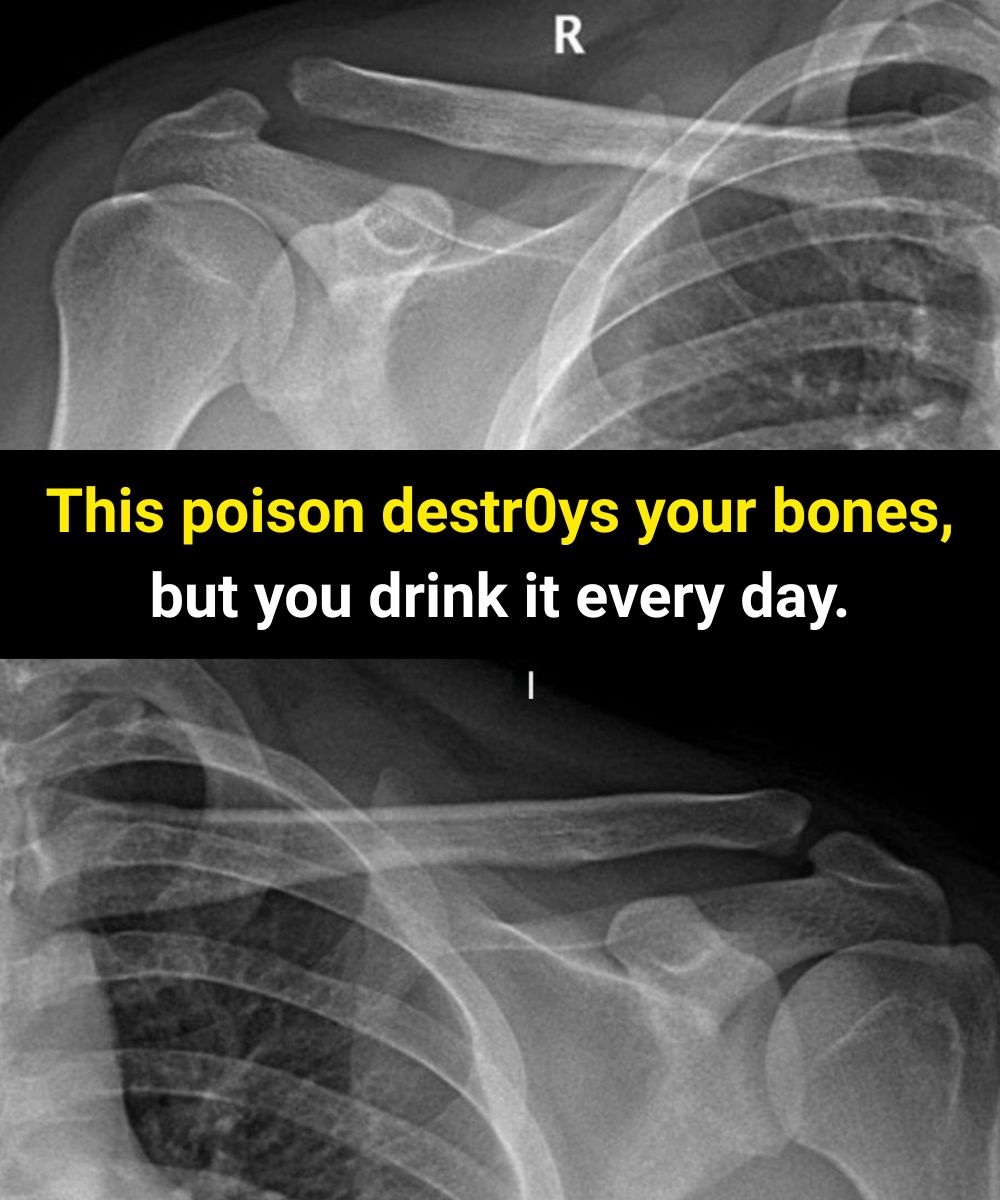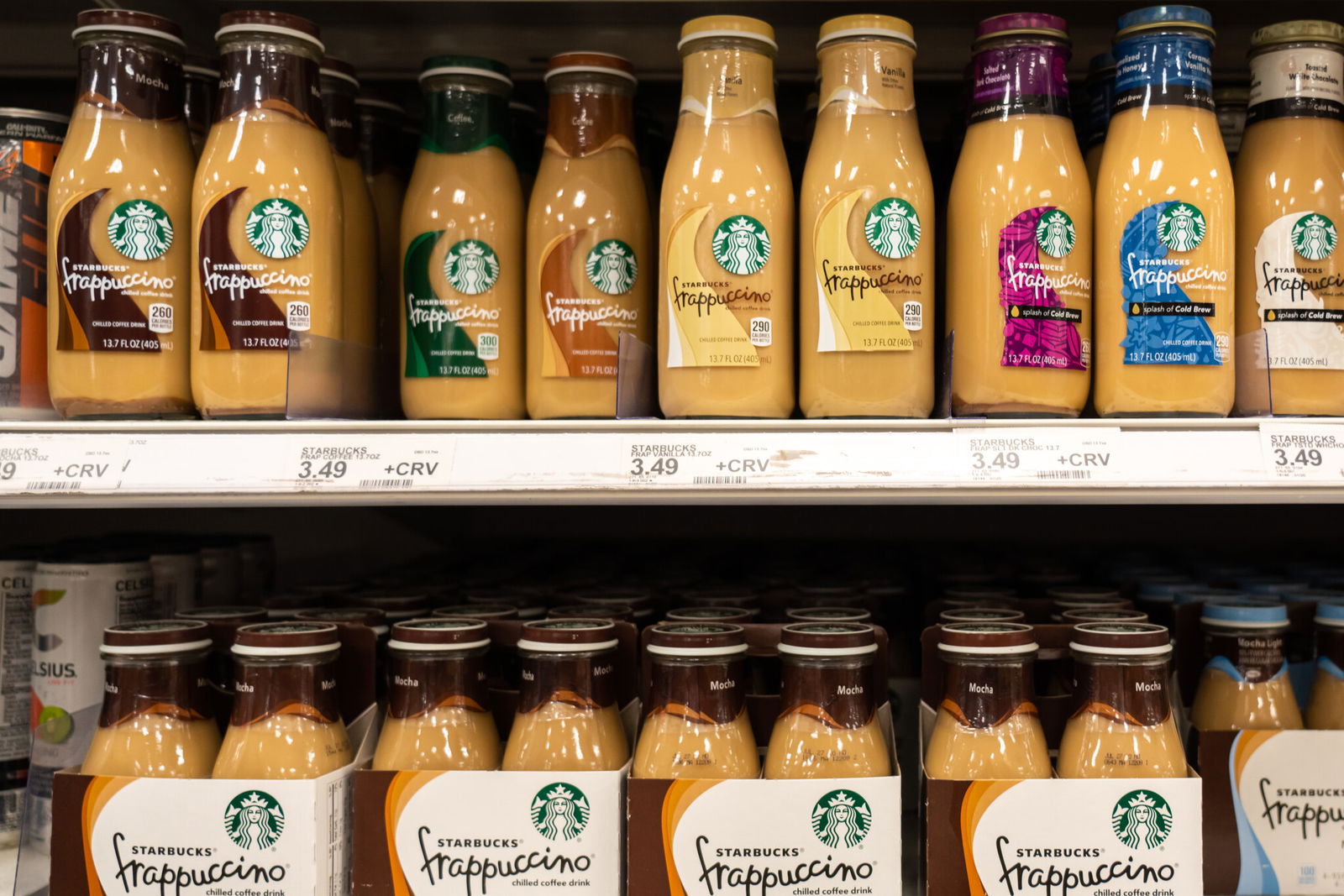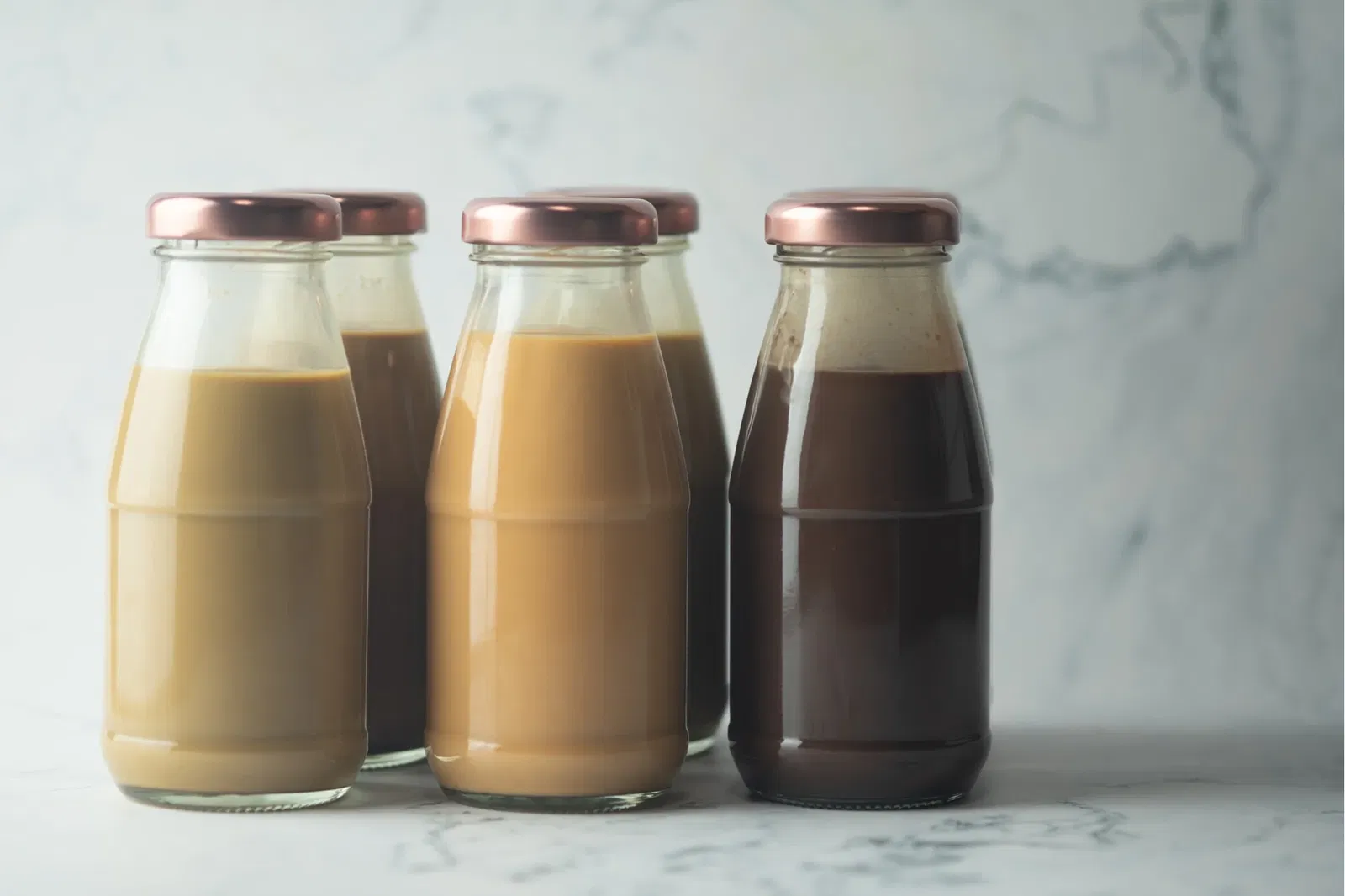
In today’s fast-paced world, bottled iced coffee has become a popular beverage for those seeking a quick caffeine hit. It’s refreshing, flavorful, and convenient to take on the move. However, beneath its refreshing appeal is a lesser-known risk: significant ramifications for bone health.
What Makes Bottled Iced Coffee Harmful to Bones?
While coffee, when drank in moderation, is not intrinsically harmful, the bottled form frequently contains extra substances and hidden hazards that can gradually damage your bones.
1. High Caffeine Content
Many bottled iced coffees contain as much, if not more, caffeine than a typical cup of brewed coffee. Excessive coffee consumption can impair calcium absorption in the gut. Over time, your body may begin to draw calcium from bones to maintain equilibrium, resulting in bone density loss and an increased risk of osteoporosis.

2. Excess Sugar
Bottled iced coffees are frequently loaded with additional sugars to boost flavor. Some bottles contain up to 30-40 grams of sugar, which is more than the recommended daily amount for only one drink. High sugar consumption increases inflammation, stimulates calcium loss through urine, and alters hormone balance, all of which can reduce bone strength.
3. Phosphates and Preservatives
Many commercial iced coffees include phosphoric acid and other phosphate-based preservatives. An imbalance of phosphorus and calcium in the body is a known cause of bone mineral loss. Excess phosphorus can also inhibit the formation of active vitamin D, making it difficult for your body to absorb calcium adequately.
4. Dairy Substitutes Low in Nutrients
Non-dairy creamers or milk alternatives in bottled iced coffee may not be fortified with calcium and vitamin D. If you rely on these drinks instead of nutrient-rich dairy or plant-based options, you may be unknowingly depriving your bones of essential building blocks.

Who Should Be Especially Cautious?
Teenagers and young adults experience the greatest increase in bone mass. High coffee and sugar consumption can disrupt this critical development.
- Postmenopausal women are already at an increased risk of osteoporosis due to hormonal changes, and drinking bottled iced coffee on a daily basis may accelerate bone loss.
- Older adults: As bone density typically falls with age, every dietary choice is important.
Better Ways to Enjoy Your Coffee Habit
If you love iced coffee but want to protect your bones, consider these healthier alternatives:
- Brew your own: Homemade iced coffee allows you to control sugar and caffeine levels.
- Use fortified milk or milk alternatives: Choose options with added calcium and vitamin D.
- Limit to 1 serving per day: Moderation is key to preventing long-term harm.
- Avoid added syrups and whipped toppings: These add extra sugar and offer no nutritional benefit.
Strengthen Your Bones, One Sip at a Time
To maintain strong bones, your body requires a consistent supply of calcium, vitamin D, magnesium, and frequent physical activity. Hydration should be mostly obtained via water, herbal teas, and nutrient-dense beverages. Relying too heavily on bottled iced coffee depletes your body’s bone-building minerals while also introducing substances that actively harm your skeletal health.
Conclusion
Bottled iced coffee may appear harmless—just another pleasant pleasure in your daily routine—but the high caffeine, sugar, and phosphate content can gradually weaken your bones. You can enjoy the occasional iced coffee without jeopardizing your bone health by making tiny modifications to your habits and opting for healthier alternatives.
















